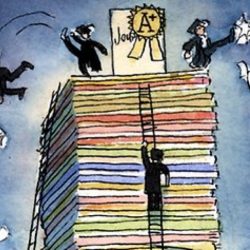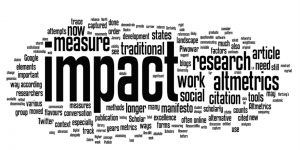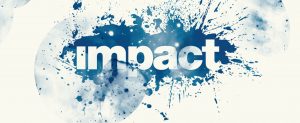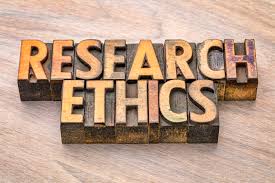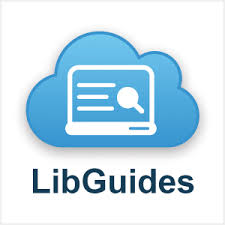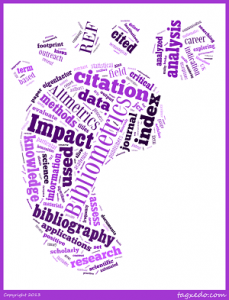https://youtu.be/wvxB8pnBPr0 The USF Libraries has created a short tutorial on resources for looking up metrics that determine journal rankings for researchers. If you need in-depth assistance, contact your liaison librarian. The tutorial features three main tools for determining journal rankings: InCites Journal …Continue Reading
Category: Impact
Open is Not Forever: A Study of Vanished Open Access Journals
Many reputable journals are costly and behind paywalls because, unlike some poor quality open access journals, one is paying for copy editing, indexing, and preservation. When you publish with a quality journal, you have a reasonable expectation that your article will be …Continue Reading
Impact: Library Tools for Promotion and Tenure
The USF Libraries has a guide, Impact: Library Tools for Promotion and Tenure, for graduate students and faculty interested in determining journal quality and journal rankings, as well as tracking cited references to published work. If you need assistance with these tools, …Continue Reading
Understanding Metrics that Measure Productivity
When looking at publication metrics that measure scholarly productivity, performance, quality and impact/influence, it is important to keep these things in mind: 1) There are varying levels of metrics: journal, article and author 2) No single metric is sufficient for measuring performance …Continue Reading
Podcast: The Crisis of Predatory Publishers Sucking the Blood of Science
Science journalist John Bohannon was shocked by the results of his sting operation to expose predatory publishers. Academic librarian Jeffrey Beall found himself threatened with a billion-dollar lawsuit and much more when he published a black list of predatory journals. He believes …Continue Reading
Do We Need Cabell’s Journal Blacklist?
The Source, a blog sponsored by Cabell’s, explains in this post why their Blacklist has become necessary to scholars. Check it out and see if you agree with them. If you are not sure about the quality of a journal, feel free to contact your librarian to check it out. Image credit
Self-Plagiarism: When is Re-Purposing Text Ethically Justifiable
Research ethics expert, Mark Israel, discusses the ethics of self-plagiarism and asks, when it is it justifiable to re-purpose previously published social research in this article from the LSE Impact Blog. He concludes with a checklist of 5 points to consider before reproducing previously published social research. Image credit
Impact: Library Tools for Promotion and Tenure
The USF Tampa Library’s Impact Guide will help scholars find all the tools for journal rankings, identifying an author’s cited references, and ways candidates for promotion and tenure can highlight the quality of their publications.
Google Scholar Rankings of Journals by H5-index metrics–Top 20
Google Scholar is now offering lists of the top 20 journals in various subject categories by H5 index. Click further into this post to see the links to various education categories for scholarly journals.
Think, Check, Attend
Just as there are predatory journals where scholars pay to get published while getting very little in the way of improving their publication record, there are conferences that are touted as scholarly but are actually misleading, exaggerated or fake in their reputability. This new site Think, Check, Attend offers thoughtful guidance on trusting a conference to attend and present your research. The checklist asks researchers if they are familiar with sponsors of the conference, its venue, reputation, etc.
